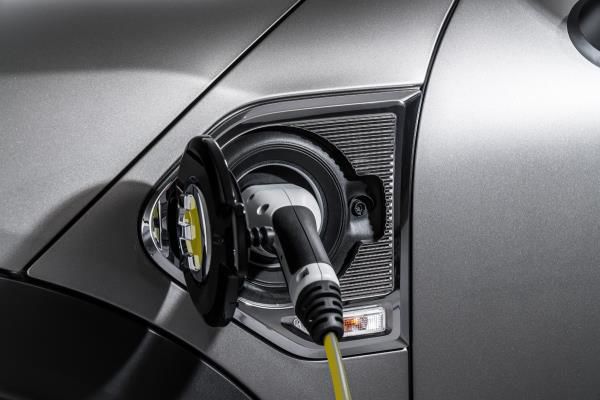(StatePoint) As the popularity and availability of electric vehicles (EV) continues to grow in the U.S., a new survey suggests that many consumers still have a lot to learn about the technology.
For example, when asked to choose an acceptable amount of time it should take to charge an EV, the most common answer (28 percent) was ‘‘I don’t know” followed by “30 minutes” (25 percent). The survey was commissioned by MINI USA from market research and business intelligence firm Engine International, Inc. in advance of the early 2020 U.S. launch of the MINI Cooper S E electric vehicle.
“What we learned from the survey is that the typical consumer might not be aware of the many benefits of electric mobility,” says Andrew Cutler, head of corporate communications, MINI USA. “Helping consumers get a better understanding of EV can help them make smarter, more informed decisions around their next vehicle purchase.”
For example, 74 percent of consumers surveyed didn’t know where their nearest EV charging station was located, but charging your EV is easier and more accessible than you might think. A whopping 80 percent of EV owners charge their vehicle right at home. Plus, public charging stations are easy to find online through companies like ChargePoint and EVgo, and most available charging stations are visible in the navigation system of the car.
On the other end of the spectrum, 63 percent of those surveyed said they plan to use their EV as a commuting or city car, which is good news for motorists, as experts point out that EVs, which are both fuel efficient and fun to drive, are ideal for everyday commuting and urban driving. Because batteries provide a low center of gravity, electric motors provide fast, powerful acceleration.
Thanks to Federal Tax Credits lowering the upfront cost of qualified EVs, going electric is not just stylish and good for the planet, it may make financial sense, too.
“A majority of consumers we surveyed believe that EVs are for early adopters, but, given the many benefits of the technology, it could make a good choice for just about any household today,” says Cutler.






